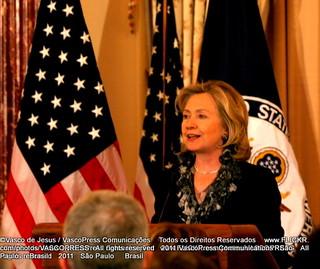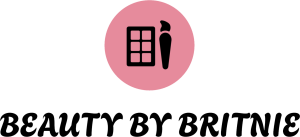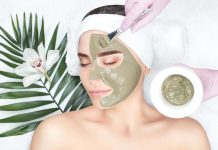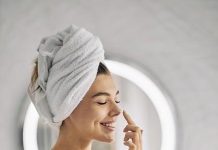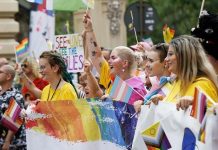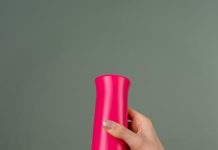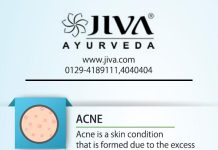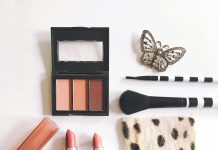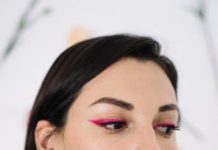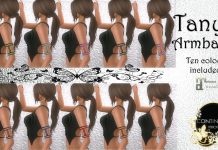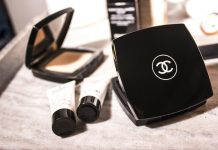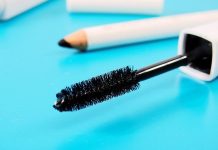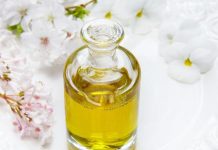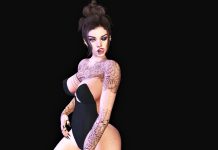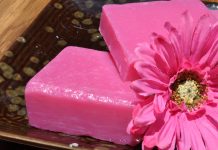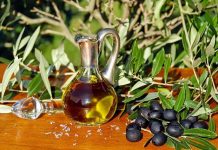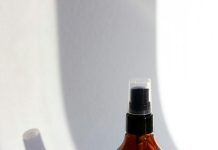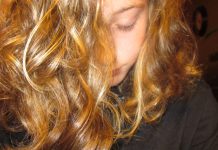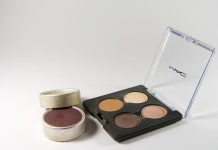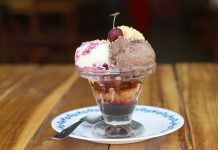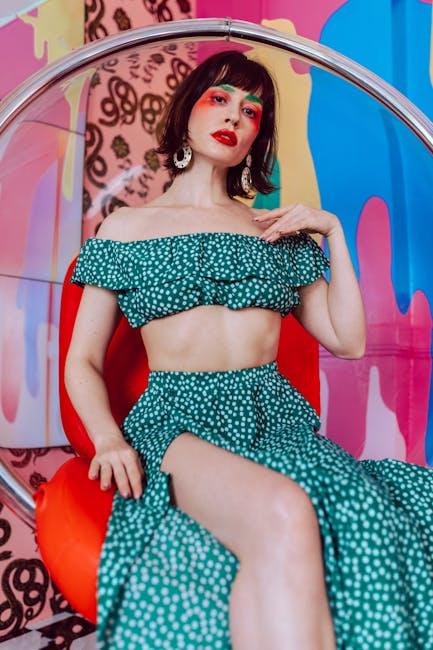In the vibrant world of makeup artistry, tutorials have become a cornerstone for enthusiasts and novices alike, offering a palette of techniques and styles to explore. Yet, as the beauty industry evolves, a pressing question emerges: should these tutorials be tailored to different age groups or remain universal? This debate invites us to delve into the intersection of individuality and inclusivity, examining how age-specific guidance could redefine beauty education. In this article, we embark on a journey through the kaleidoscope of perspectives, exploring whether makeup tutorials should embrace age-specific nuances or celebrate a one-size-fits-all approach.
Age-Appropriate Artistry: Tailoring Tutorials for Every Generation
Makeup is a universal language, but its expression can vary widely across different age groups. Customizing tutorials by age allows creators to address specific skin concerns and aesthetic preferences. For instance, younger audiences may benefit from tutorials focusing on vibrant, experimental looks and techniques for oily or acne-prone skin. In contrast, mature viewers might seek guidance on achieving a radiant complexion, incorporating tips for fine lines and age spots.
- Teens and Young Adults: Emphasize creativity, bold colors, and skincare basics.
- Middle-Aged Individuals: Focus on enhancing features, subtle contouring, and hydration.
- Seniors: Prioritize gentle application, neutral tones, and moisture-rich products.
However, keeping tutorials universal can foster inclusivity, inviting everyone to experiment with different styles regardless of age. The key lies in balancing specificity with adaptability, allowing viewers to tailor techniques to their personal needs and preferences.
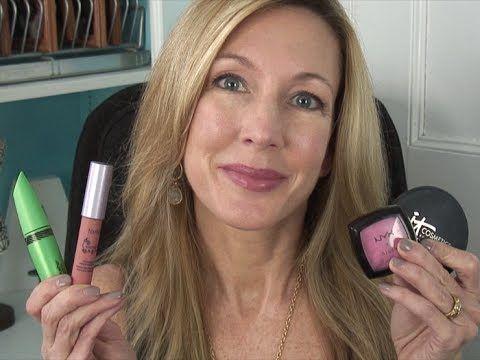
Universal Beauty: The Case for One-Size-Fits-All Makeup Guides
In the realm of beauty, the allure of universal makeup guides lies in their promise of inclusivity and simplicity. One-size-fits-all makeup tutorials embrace the idea that beauty transcends age, offering a streamlined approach that resonates with diverse audiences. These guides focus on timeless techniques that enhance natural features, making them accessible to anyone, regardless of age or experience. By promoting a core set of skills, they empower individuals to explore their unique style without being confined by age-specific expectations.
- Timeless Techniques: Emphasizing skills that work for everyone, such as blending and highlighting.
- Inclusive Product Recommendations: Suggesting versatile products that suit a wide range of skin tones and types.
- Adaptable Looks: Encouraging creativity by providing a foundation that users can customize as desired.
These universal guides champion the notion that beauty is a personal journey, where age is but a number and creativity knows no bounds. They celebrate the idea that while the canvas may change, the art of makeup remains a universal language of self-expression.
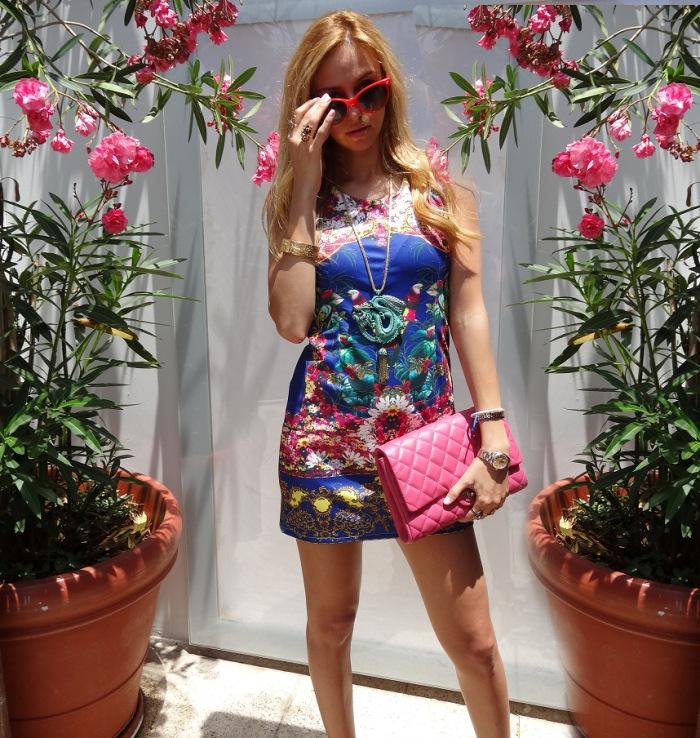
Bridging Generations: Finding Common Ground in Makeup Instruction
In the ever-evolving world of beauty, makeup instruction stands at the crossroads of tradition and innovation. While some argue for age-specific tutorials, emphasizing the unique needs of different skin types and styles, others advocate for a more universal approach. Finding common ground involves embracing the diversity of generational preferences while celebrating shared beauty fundamentals.
Consider the potential benefits of tailoring tutorials by age:
- Personalized Techniques: Mature skin may benefit from hydrating products and subtle finishes, while younger audiences might seek bold and trendy looks.
- Targeted Advice: Addressing age-specific concerns such as fine lines or acne can enhance the learning experience.
On the flip side, a universal approach fosters inclusivity and the joy of shared discovery. Cross-generational learning can break down barriers, allowing techniques to evolve and adapt. By blending both philosophies, makeup instruction can become a rich tapestry that respects individual needs while celebrating the timeless art of beauty.
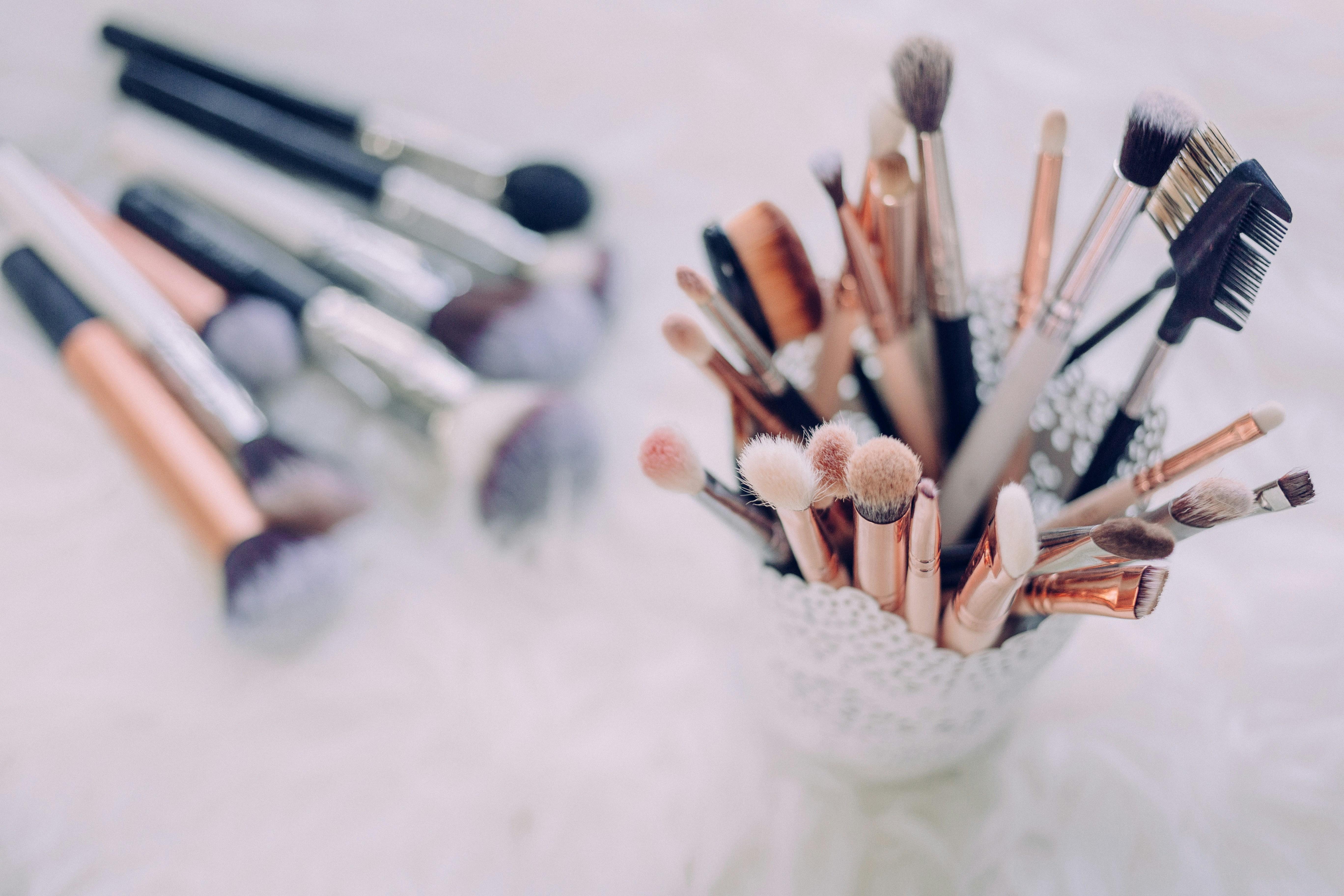
Crafting Inclusive Content: Strategies for Age-Diverse Tutorials
When developing makeup tutorials, it’s crucial to consider the diverse age range of your audience. Tailoring content to different age groups can enhance relatability and effectiveness. For younger viewers, focus on fresh, trendy looks that emphasize experimentation and fun. On the other hand, mature audiences may appreciate techniques that highlight elegance and timeless beauty, such as tips on skincare integration and subtle contouring.
- Use inclusive language: Avoid age-specific jargon that might alienate certain viewers.
- Feature diverse models: Showcase a range of ages to ensure viewers see themselves reflected.
- Offer alternatives: Provide options for different skin types and concerns, acknowledging the diversity within age groups.
Universal tutorials can serve as a broad introduction to makeup techniques, but adding age-specific insights can deepen engagement and trust. By balancing universal appeal with age-conscious strategies, creators can foster a more inclusive community where everyone feels valued and understood.
